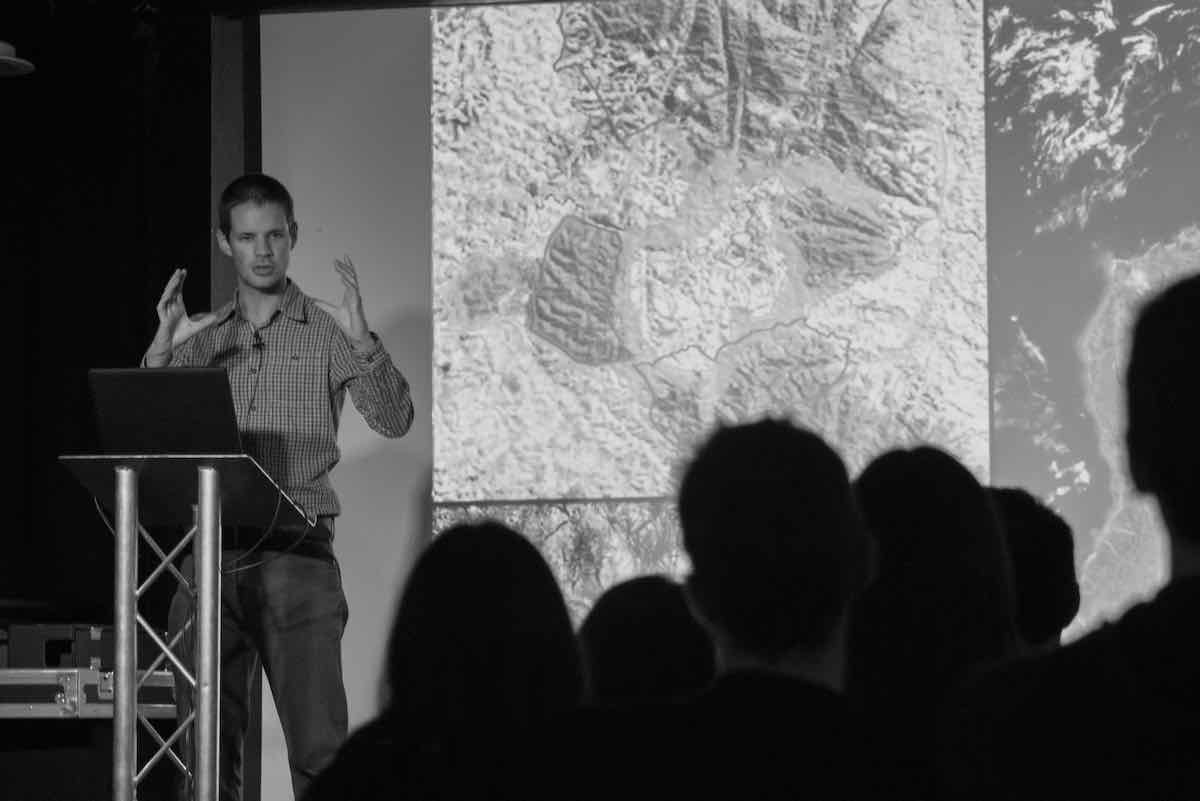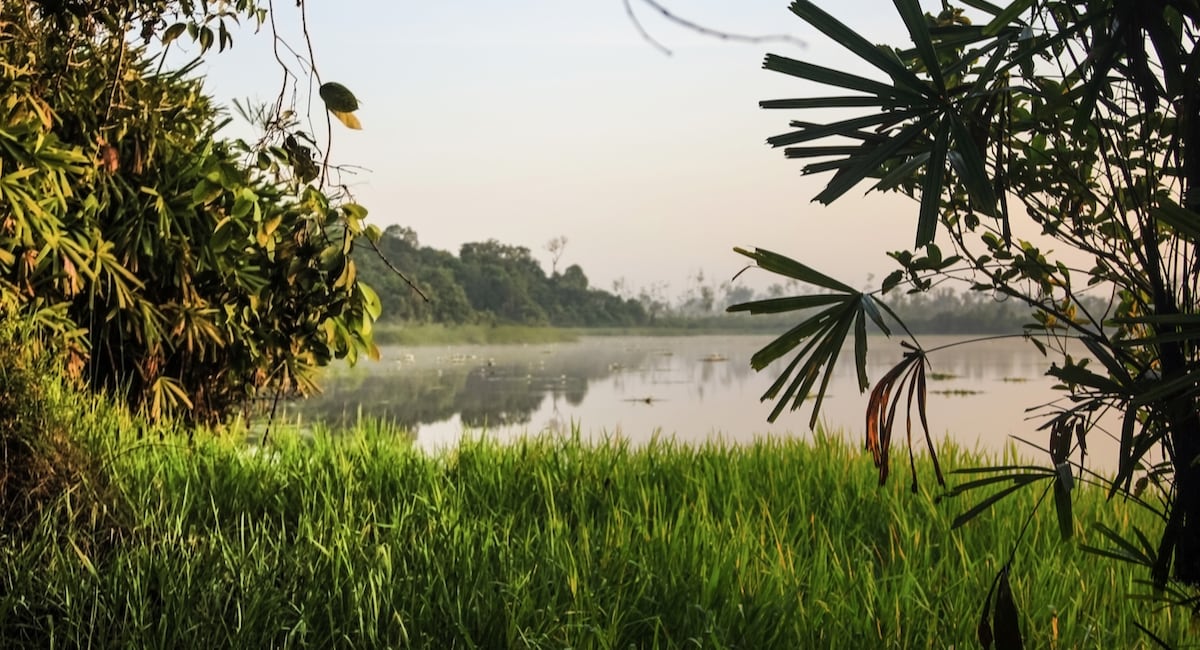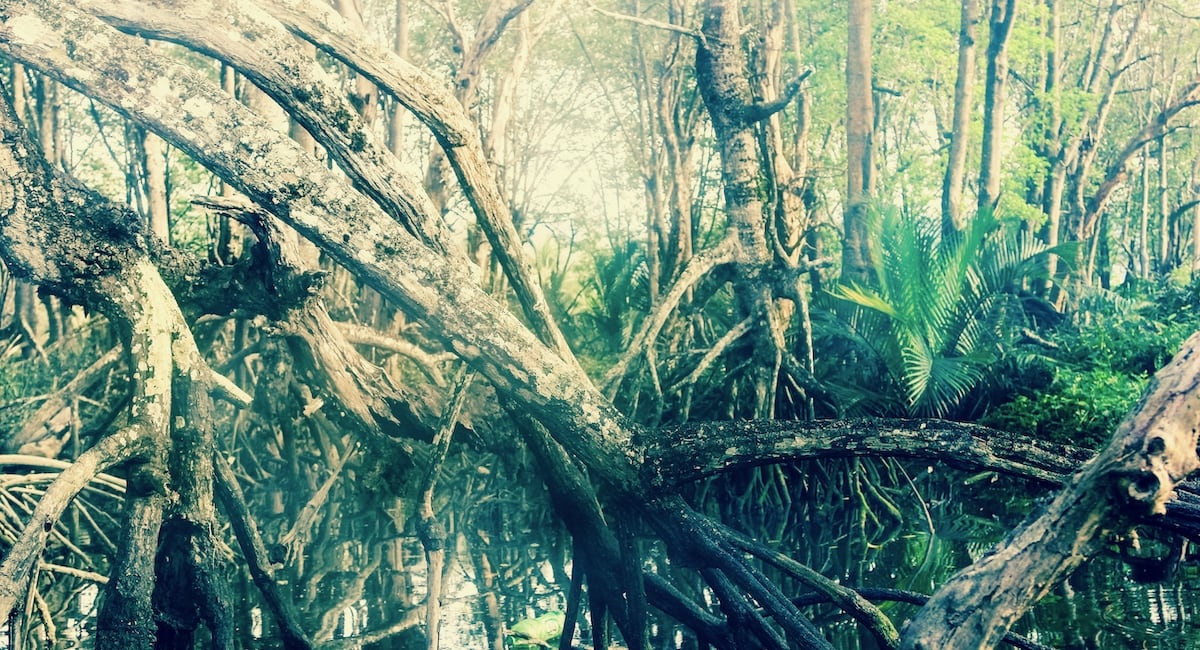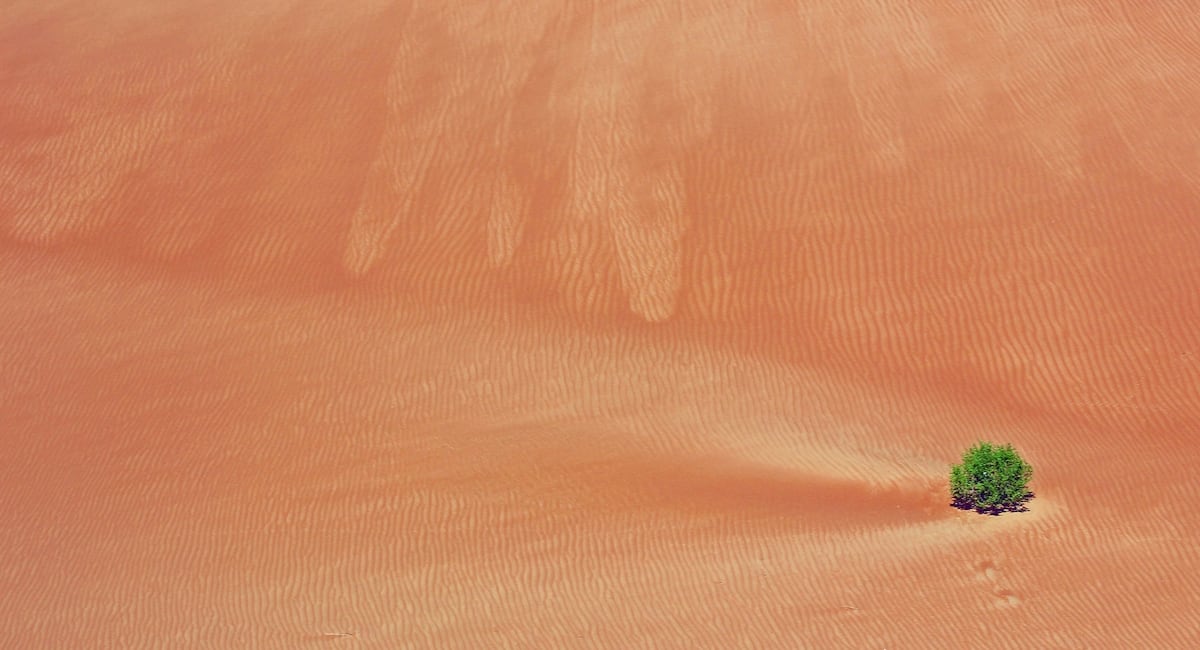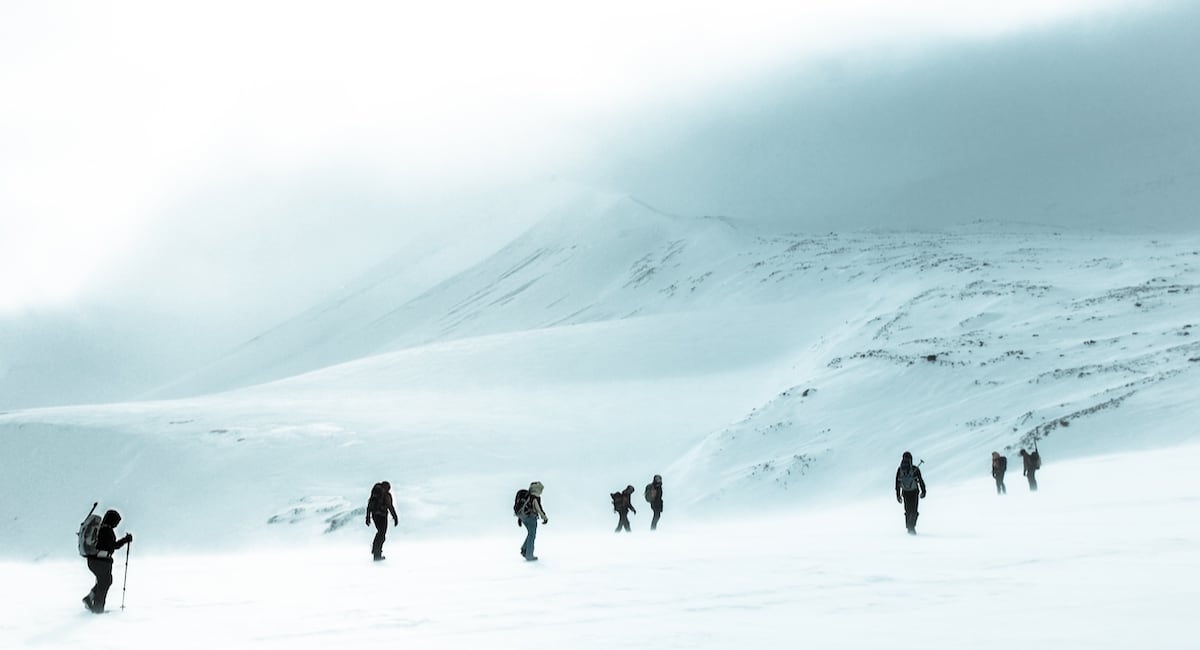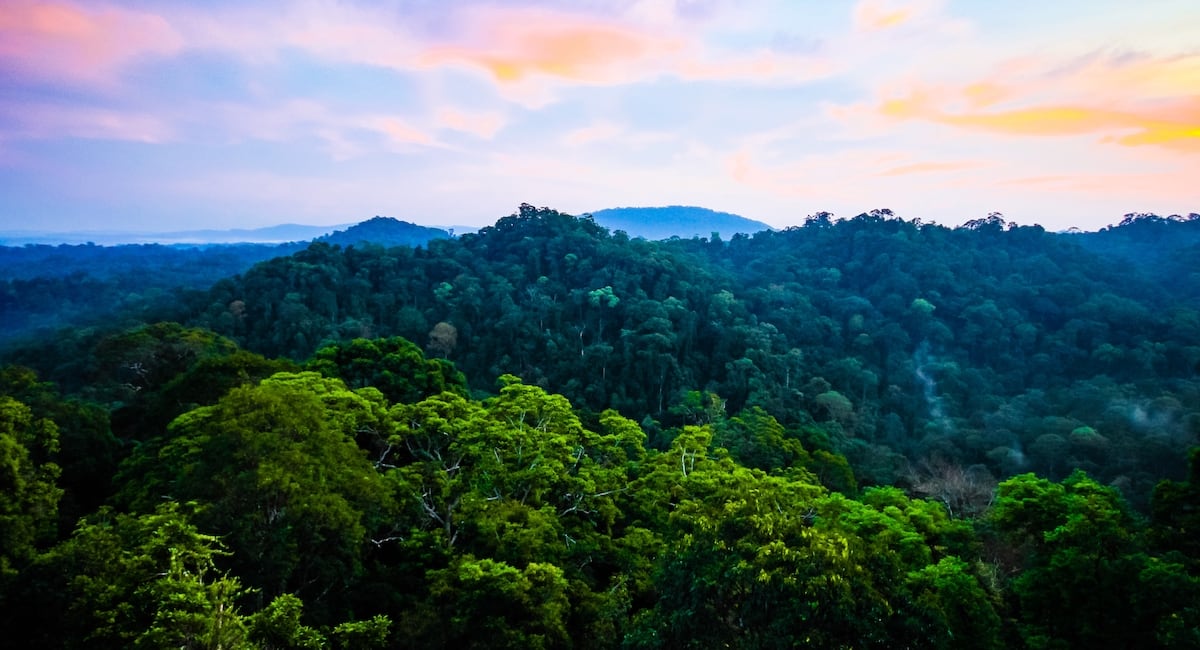Agrobiodiversity Conservation Research Group:
Ilead a research group at Royal Botanic Gardens Kew, focused on agrobiodiversity, conservation and mitigating tradeoffs between agricultural expansion and area-based conservation. We are a friendly group, interested in doing exciting and impactful science that addresses global challenges while building equitable and sustainable collaborations with partners around the world.
My background is as a biodiversity scientist and science communicator with fifteen years of conservation research and fieldwork experience. I have a track record of leveraging over £14m of international conservation and climate research funding, supporting major collaborative projects in Madagascar, Ethiopia, Oman and the UK.
Here is a list of our current active research projects. We welcome enquiries from MSc and PhD students or Postdocs who might wish to join our group or collaborate. Our recent publications are here.
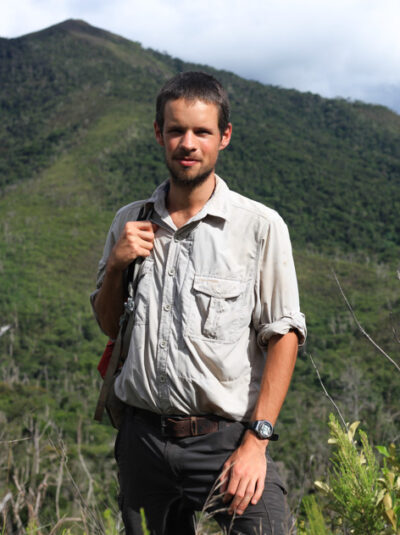
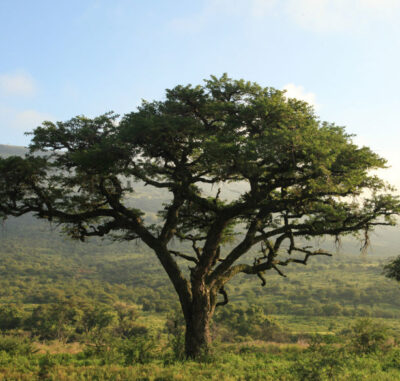
Bending the curve of biodiversity loss:
What we do in the next fifty years will impact life on earth for at least the next five million years, probably long after humans have disappeared. So this generation of conservationists – especially those starting their careers now – are the most important to have ever lived. They will either either succeed, and slow, stop and reverse global biodiversity loss; or by the end of this century, at our current rate, the impact may be irreparable.
While my research has predominantly been focused on conservation, it is now increasingly applied to agricultural systems for which climate change and biodiversity loss pose similar challenges. Agricultural intensification is often cited as the predominant driver of biodiversity loss, but it’s also our most valuable tool to improve human wellbeing and make space for nature.
Biodiversity and conservation keynotes:
James is an accomplished public speaker having delivered hundreds of keynotes, lectures and speeches to a wide range of corporate and public audiences.
The consequences of inaction on biodiversity loss are profound, but it is not other conservation scientists who need to be persuaded. Businesses are increasingly conscious of their environmental impact and exposure to risk. James marshalls global evidence and his own experience from fieldwork around the world, to communicate the urgency and opportunities in the drive towards sustainability.
